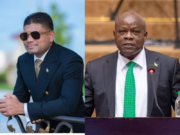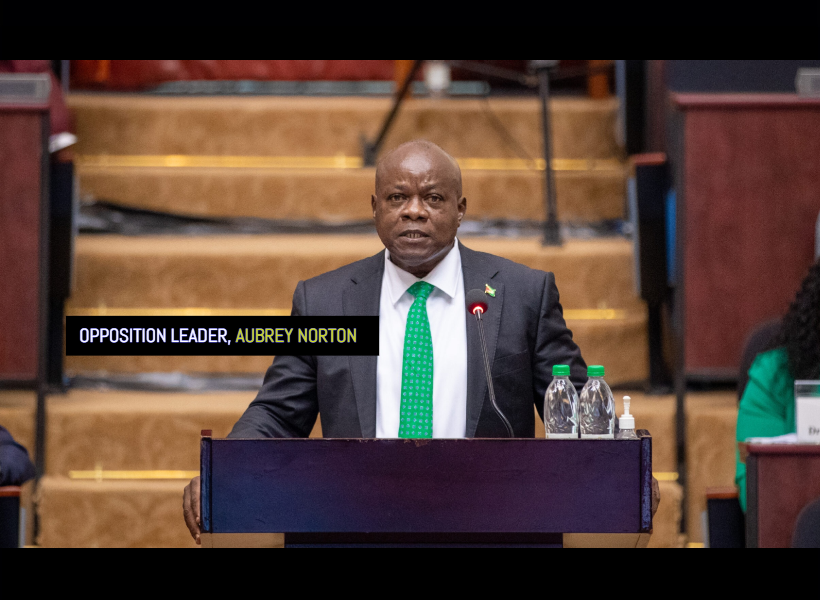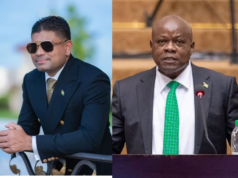Leader of the Opposition, Aubrey Norton, demonstrated his unwavering support for the government’s motion, which was successfully passed in the National Assembly yesterday. The motion rejects Venezuela’s controversial referendum aimed at claiming Guyanese territory in the resource-rich Essequibo region.
During a special session of the National Assembly, Norton strongly reaffirmed the significance of upholding the 1899 Arbitral Award and the 1966 Geneva Agreement. He emphasized the critical need for both government and opposition to stand united in the defense of Guyana’s sovereignty and territorial integrity.
As Guyana anxiously awaits the International Court of Justice (ICJ) ruling on the Venezuela-Guyana border controversy, Norton did not mince words when characterizing Venezuela as a “regional bully of small states.” He pointed to Venezuela’s selective approach to international agreements, citing that while Venezuela accepted the 1899 Arbitral Award when it lost territory to Brazil, it has continuously contested its legitimacy when dealing with Guyana, a smaller state.
“Our Western neighbour is mistaken in the belief that Guyana will succumb to its bullyism and its attempt to take over our land and its riches. We will never,” Norton affirmed.
Turning to the issue of Venezuela’s proposed referendum to annex Essequibo, Norton expressed concern over the mobilization of troops on Guyana’s border by the Nicolas Maduro administration.
Norton said, “This is a dangerous game. What happens if Maduro gets the “Yes” vote which he and his top officials are campaigning for…This opportunity must be taken to condemn the attempt by Venezuela to withdraw from the judicial process under the guise of a referendum.
The peaceful settlement of the controversy demands the Venezuela adhere to international law and mores. Permit me to also register our support for the decision to approach the ICJ for provisional measures against the convening of that sinister referendum.”
Norton also delved into Venezuela’s consistent flouting of international norms and agreements, identifying this behavior as a means to facilitate its broader geo-political ambitions.
He pointed out that Venezuela has demonstrated strategic ambitions in the Caribbean, even as far back as 1955 when it proposed the acquisition of certain Caribbean states. Norton also highlighted Venezuela’s earlier proposal for joint development of the Essequibo, as stipulated in the 1966 Geneva Agreement, emphasizing the need for a well-informed population and political leaders who recognize the gravity of this situation.
In closing, Norton stressed the importance of viewing Venezuela as a relentless adversary with territorial designs on Guyana and called for unwavering vigilance in safeguarding the nation’s territory and resources.









